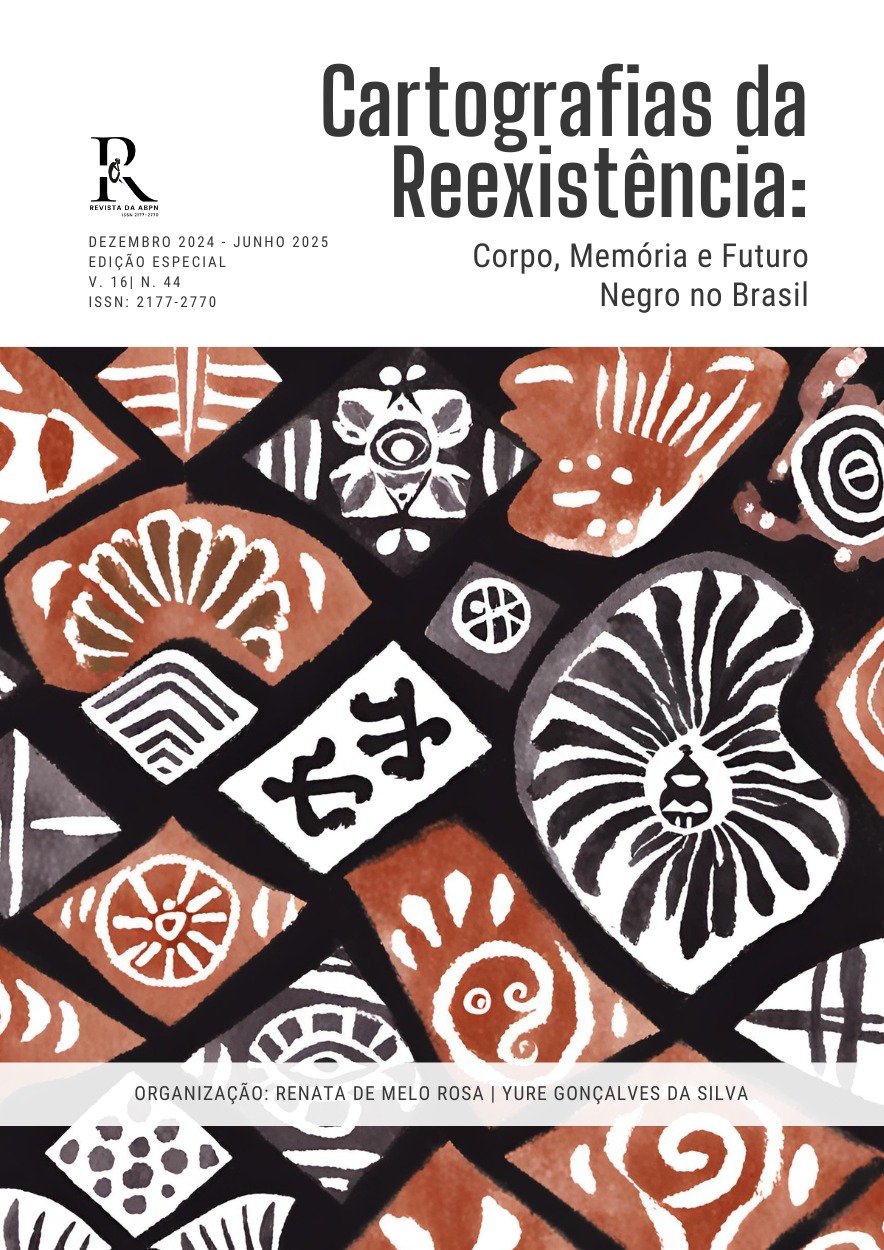LEGADO, CARTOGRAFIAS E A VANGUARDA DO CONHECIMENTO NEGRO Editorial
Main Article Content
Abstract
It is with deep satisfaction that we present Issue V.16, No. 44 of the Journal of the Brazilian Association of Black Researchers (ABPN), a milestone in scientific production committed to the decolonization of knowledge and racial justice. In a Brazil where 55.6% of the population identifies as Black (Black and Brown), according to IBGE data (2022), yet remains underrepresented in academic circles—a phenomenon that constitutes what Sueli Carneiro (2005) defines as "epistemicide." This collection of 21 articles emerges as an epistemological trench against the racial inequalities experienced in the Brazilian context. Bringing together researchers from 12 states, this issue not only maps structural asymmetries but proposes concrete alternatives anchored in ancestral, quilombola, peripheral, and insurgent knowledge. The works compiled here challenge hegemonic perspectives and point to new paths for building a socially referenced science that respects differences, whose impact transcends academic boundaries and reverberates in the struggles for equity in all social spaces.
Article Details

This work is licensed under a Creative Commons Attribution 4.0 International License.
Copyright Statement
- Authors retain copyright and grant the journal the right of first publication, with work simultaneously licensed under the Creative Commons Attribution License CC-BY 4.0 which allows the sharing of the work with acknowledgment of the authorship of the work and initial publication in this journal.
- Authors are authorized to enter into additional contracts separately for non-exclusive distribution of the version of the work published in this journal (eg, publishing in institutional repository or book chapter), with acknowledgment of authorship and initial publication in this journal.
- Authors are allowed and encouraged to post and distribute their work online (eg in institutional repositories or on their personal page) at any point before or during the editorial process, as this may lead to productive changes as well as increase impact and citation of published work (See The Effect of Free Access).

